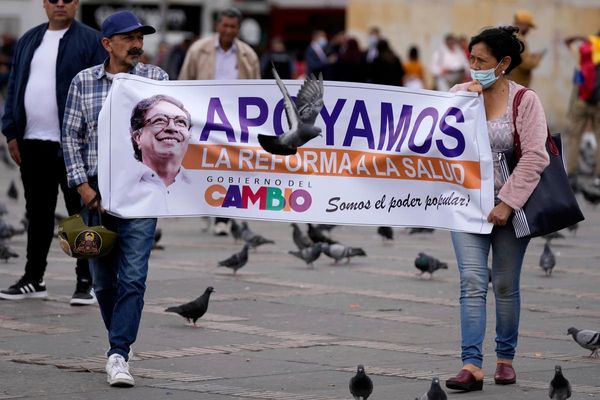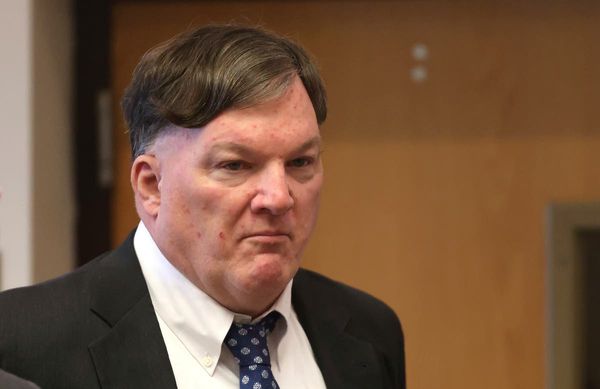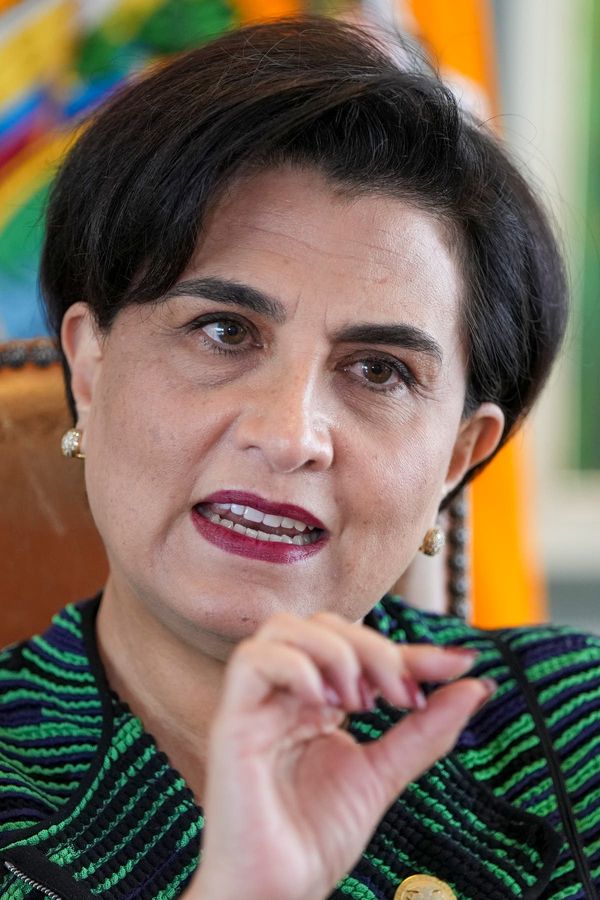
The Metropolitan police are increasing the profile of officers on London’s streets to provide reassurance following the attack by Hamas on Israel.
The Jewish safety charity the Community Security Trust said it had held meetings with the home secretary, Suella Braverman, the security minister, Tom Tugendhat, and senior police officers to ensure measures are taken to protect the Jewish community.
The CST said its priority was the safety of the Jewish community. “The terrorist atrocities in Israel and the seemingly inevitable war ahead makes this a very difficult time for all of us, especially those with family and friends in Israel,” it said.
“Here in Britain we know from past experiences that there will be a sharp rise in antisemitism. Because of that we have spent the weekend in detailed conversations with the home secretary, the security minister and numerous senior police officers throughout the UK.”
Braverman said she had written to police chiefs across the country, urging them to increase patrols and “use all available powers to prevent disorder and distress to our communities”.
“There can be zero tolerance for antisemitism,” she said. “Sadly, we have seen in recent years how events in the Middle East are used as an excuse to stir up hatred against British Jewish communities.
“There is no place for demonstrations, convoys, or flag-waving on British streets that glorifies terrorism or harasses the Jewish community.”
Ahead of a pro-Palestine rally outside the Israeli embassy in London on Monday, the communities minister, Lee Rowley, said protesters should not attempt to glorify Saturday’s attack.
He told Sky News: “You cannot support proscribed organisations like Hamas within the United Kingdom, and if that’s the case then I would expect police to take action accordingly.”
He added: “Ultimately, there is a right to protest, but there is not a right ... to glorify terrorism.”
A fringe event on Palestinian rights at the Labour conference began with 30 seconds of silence to reflect on the horrors of recent days. The host, Chris Doyle, the director of the Council for Arab-British Understanding, said the “horrors and loss of life” in Israel and Gaza called for a “moment for sober reflection”.
He said the event, hosted by the Labour Friends of Palestine and the Middle East group, and Medical Aid for Palestinians, was organised before Saturday’s attack and said it would be run in a respectful manner.

Elsewhere, graffiti reading “Free Palestine”, which appeared on rail bridges in Golders Green, north-west London, an area that has a prominent Jewish population, was being investigated as a potential hate crime by British Transport police.
In Northern Ireland, the Gael Force Art collective draped a giant Palestinian flag on Black Mountain overlooking Belfast “in solidarity with our Palestinian brothers and sisters” as a rally outside Belfast city hall drew members of Northern Ireland’s Palestinian community as well as representatives from trade unions, Sinn Féin and the small leftwing party People Before Profit.
The Jewish Leadership Council and the Board of Deputies of British Jews have organised two vigils to honour and remember the victims, hostages, and the injured in Israel, one in London on Monday and the second in Manchester on Wednesday, with speakers including the chief rabbi, Sir Ephraim Mirvis.
Mirvis told Sky News: “The first question we are asking people when giving them a call in the UK is, ‘how is everyone in your family?’ Because there certainly isn’t a Jewish family in the UK which hasn’t been affected in one way or another by this.”







